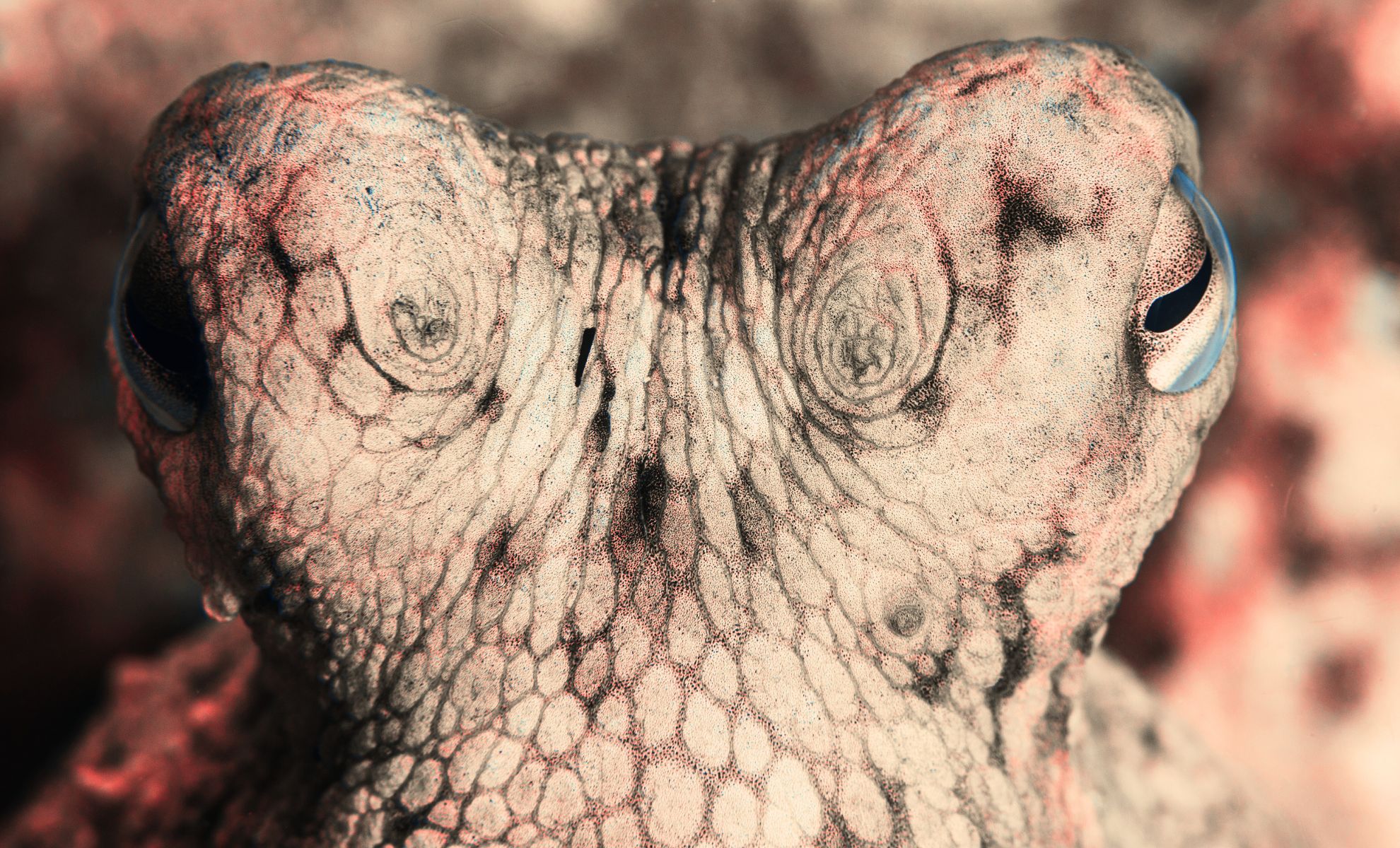
If Humans Become Extinct, This Is the Species That Will Take Over the Planet
How did your country report this? Share your view in the comments.
Diverging Reports Breakdown
If Humans Become Extinct, This Is the Species That Will Take Over the Planet
The octopus could prove to be the most formidable survivor in a post-human Earth. With advanced cognitive abilities that rival some of the most intelligent mammals, octopuses possess remarkable problem-solving skills. Their independence may serve them well in a world where human influence is absent. Their ability to thrive without cooperation from others is a stark contrast to species like dolphins and crows, which are highly social and could struggle to adapt. The octopus, with its intelligence and adaptability, might be better suited to thrive in such a scenario, says Professor Tim Coulson from the University of Oxford. The idea of octopus evolving to the point where they could construct cities or even hunt land animals like deer might seem far-fetched, but it is not entirely out of the question, Professor Coulson says. It is a speculative scenario, but one that reflects the potential of these creatures to adapt in extraordinary ways.
The Surprising Intelligence of Octopuses
The octopus, often overlooked in discussions of animal intelligence, could prove to be the most formidable survivor in a post-human Earth. With advanced cognitive abilities that rival some of the most intelligent mammals, octopuses possess remarkable problem-solving skills. They have been observed opening jars, using tools, and escaping enclosures—tasks that require complex thinking. According to Professor Tim Coulson from the University of Oxford, “Their intelligence is one of the most advanced in the animal kingdom.”
These cephalopods possess an extraordinary neural system, with about 500 million neurons—many of which are located in their arms, allowing each one to operate semi-independently. This decentralized brain structure is key to their adaptability, as it enables the octopus to handle multiple tasks at once, a trait that would prove useful in a world without humans.
Photograph of Professor Tim Coulson. Credit: The European
The Evolutionary Edge
Unlike most mammals, which rely on complex social structures, octopuses are solitary by nature. This independence may serve them well in a world where human influence is absent. Their ability to thrive without cooperation from others is a stark contrast to species like dolphins and crows, which are highly social and could struggle to adapt to a post-human world. The absence of social constraints would give octopuses a significant advantage, allowing them to fill ecological niches that others might not be able to.
Octopuses have shown an impressive capacity to survive in extreme environments. They thrive in everything from deep ocean trenches to coastal reefs, and some species are even capable of surviving outside water for up to 30 minutes. This adaptability could potentially set the stage for them to explore dry land in the future—a prospect that has captured the imagination of many scientists.
Could Octopuses Conquer the Land?
Professor Coulson imagines a future where octopuses might evolve to leave the ocean behind and conquer land. Their remarkable dexterity and intelligence could enable them to build shelters, manipulate tools, and even explore terrestrial environments. While octopuses lack a skeleton, which would make movement on land challenging, their adaptability cannot be easily dismissed.
The idea of octopuses evolving to the point where they could construct cities or even hunt land animals like deer might seem far-fetched. However, the possibility of their evolution in a world without humans is not entirely out of the question. As Coulson notes, “Imagine a world where these tentacled geniuses manipulate tools, build shelters, and even explore land.” It is a speculative scenario, but one that reflects the potential of these creatures to adapt in extraordinary ways.
The Limitations of Other Candidates
While species like dolphins, crows, and primates are often considered the most intelligent, they have limitations that could prevent them from taking over the Earth in a post-human world. Dolphins and crows, for example, depend heavily on social structures for survival. Without humans to maintain these group dynamics, these species might struggle to adapt. In contrast, octopuses’ solitary nature and independent survival strategies could make them more resilient.
The idea that octopuses could one day fill the ecological role left vacant by humans might seem far-fetched, but it is a possibility that warrants consideration. As Professor Coulson points out, “The future of life on Earth would likely see ecosystems rebalancing and new forms of intelligence and complexity emerging in unexpected ways.” The octopus, with its intelligence and adaptability, might be better suited to thrive in such a scenario.
